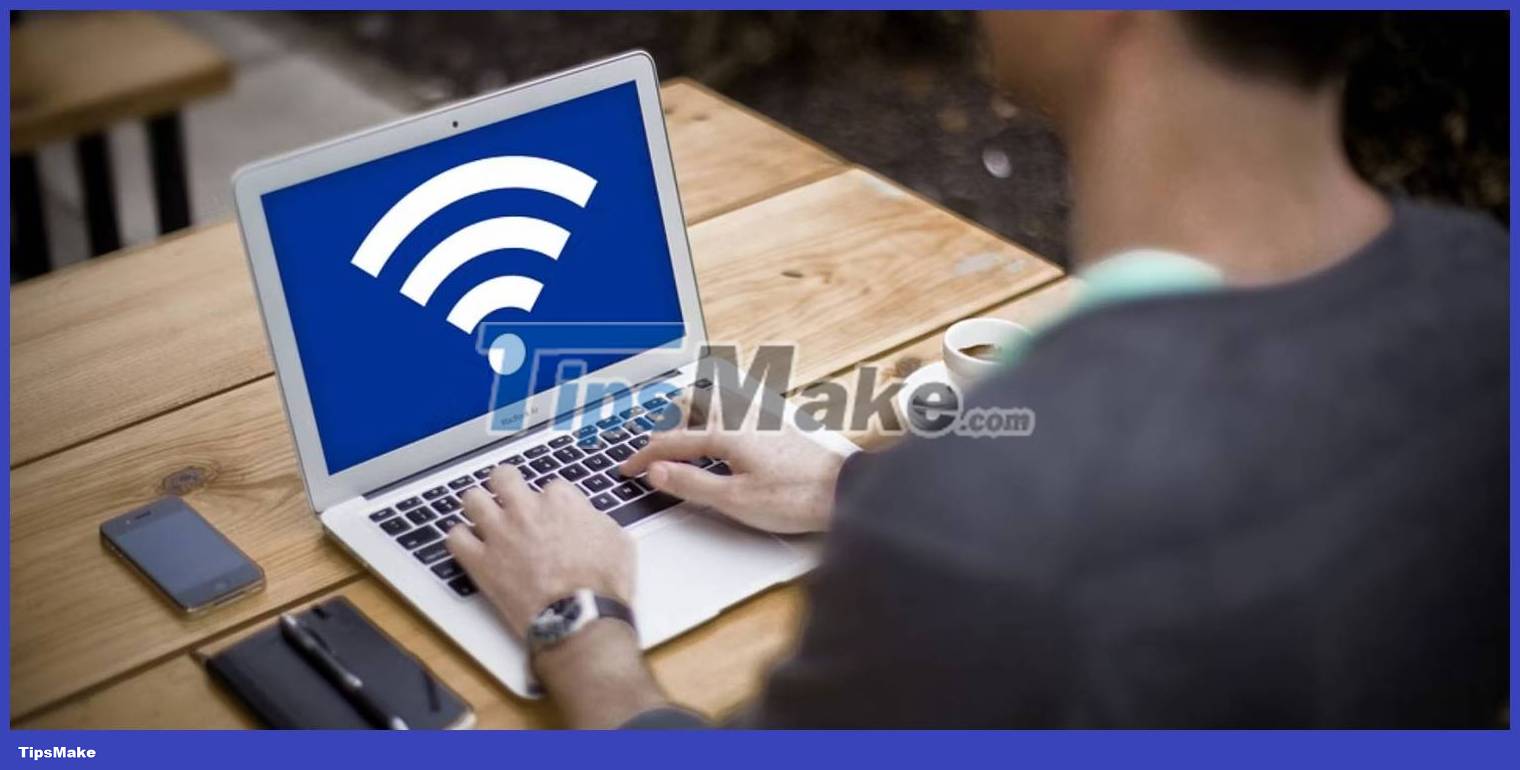Why is Bluetooth Tethering slower than WiFi and USB Tethering?
Bluetooth is one of the most commonly used data transfer protocols. Bluetooth has undergone many revisions and improvements, making it a good choice for connecting peripherals. However, Bluetooth may not be suitable for all types of data transmission.
Why is Bluetooth Tethering so slow?
In the context of an Internet connection, Bluetooth Tethering will limit your bandwidth and increase latency. The reason behind this is that Bluetooth was not originally designed as a means of transmitting Internet packets over a network.
The Basic Rate (BR) of Bluetooth is 1 Mbps. The Enhanced Data Rate (EDR) of Bluetooth 2 has a speed of 2-3 Mbps and last but not least, Bluetooth 3 with High Speed (HS) data rate has a maximum speed of 24 Mbps.

When you compare this to WiFi, the difference in data transfer rates becomes quite obvious. Below are the speeds of the most basic WiFi a/b/g/n standards.
- IEEE 802.11a/g: 54 Mb/s
- IEEE 802.11b: 11 Mb/s
- IEEE 802.11n: 600 Mb/s
- IEEE 802.11ac: 1,400 Mb/s
- IEEE 802.11ax: Up to 12,000 Mbps
As you can see, WiFi transfers data much faster than Bluetooth. In addition, WiFi connectivity allows for more bandwidth, giving you faster wireless Internet access and reduced latency, at least compared to Bluetooth.
Bluetooth Tethering and WiFi Tethering
Tethering is a term that describes when you broadcast your phone's network signal using Bluetooth, WiFi, or a USB connection to connect a compatible device and use your phone's Internet plan to access the Internet on said device. Since the 3 connections use different protocols, they are inherently different.
While WiFi and Bluetooth have some similar applications, such as file transfers, printing or in this case network setup, WiFi is used as an alternative to high-speed cable for local area networks (LANs) in general.
On the other hand, Bluetooth is intended for mobile devices and their applications. It is an alternative to cabling in personal carry-on devices or accessories. Therefore, although the standard 2-3 Mbps Bluetooth data rate is suitable for listening to music with a Bluetooth headset, WiFi is not suitable for Internet data transmission.
WiFi is also access point-centric, which means it has an asymmetric client-server connection where all traffic is routed through the access point. In the case of tethering, this is your phone. It allows multiple compatible devices to connect to a single access point, which makes a lot of sense and offers a more practical use of Internet tethering. This is compared to a Bluetooth connection, which is usually a symmetric connection, meaning that only two devices can communicate at the same time.

Another big advantage of using a WiFi connection is the enhanced security it provides. USB tethering is the most secure way between WiFi, Bluetooth and USB because you don't broadcast a public SSID that anyone can connect to. But if you're looking for a wireless option or need to connect multiple devices, you'll have to use WiFi.
Most phones support WPA2-Personal WiFi encryption for tethering connections, which is great because Bluetooth traffic can be easily captured. Plus, as mentioned above, you also get extras like Instant Hotspot on your iPhone, which lets you skip having to enter your WiFi password, as your Mac will automatically connect to your hotspot. However, keep in mind that this requires both devices to be signed in to the same Apple ID. If you're using Android, you can connect by scanning a QR code instead of entering a password.
However, a significant advantage that Bluetooth has over WiFi is power consumption. Bluetooth connections use much less power than WiFi connections, which is why the former is still evolving and manufacturers aren't racing to make accessories like headphones, speakers and peripherals connect via WiFi instead of Bluetooth. This is why even certified Hi-Res audio devices still use Bluetooth.
Which Tethering option should you choose?
WiFi connection is by far the best option. Not only is it quite convenient, but it is also said to be the fastest and allows you to connect multiple devices to the hotspot at the same time. On the other hand, Bluetooth Tethering, although easy to drain the phone battery, only allows one connection at a time and the same goes for USB.

Because USB tethering works by establishing a direct, wired link between your computer and your phone, it's nearly unusable on any other device that can't connect to your phone directly via a USB connection. In most cases, you'll use USB tethering with your laptop on the go as a backup measure if the WiFi or Bluetooth Tethering feature doesn't work.
When to use Bluetooth Tethering?
Bluetooth Tethering only makes sense when you can't use WiFi or need to save battery because Bluetooth Tethering connection consumes much less battery than WiFi. As mentioned above, Bluetooth was built from the ground up to strike a balance between transferring enough data at a sufficient speed and not consuming too much power.
Even so, since you can only use one device at a time when it comes to Bluetooth Tethering, you can also use USB Tethering instead. However, USB Tethering won't work with every device (or without a cable), which leaves you with Bluetooth Tethering as a backup wireless Internet option if you can't use WiFi for whatever reason.